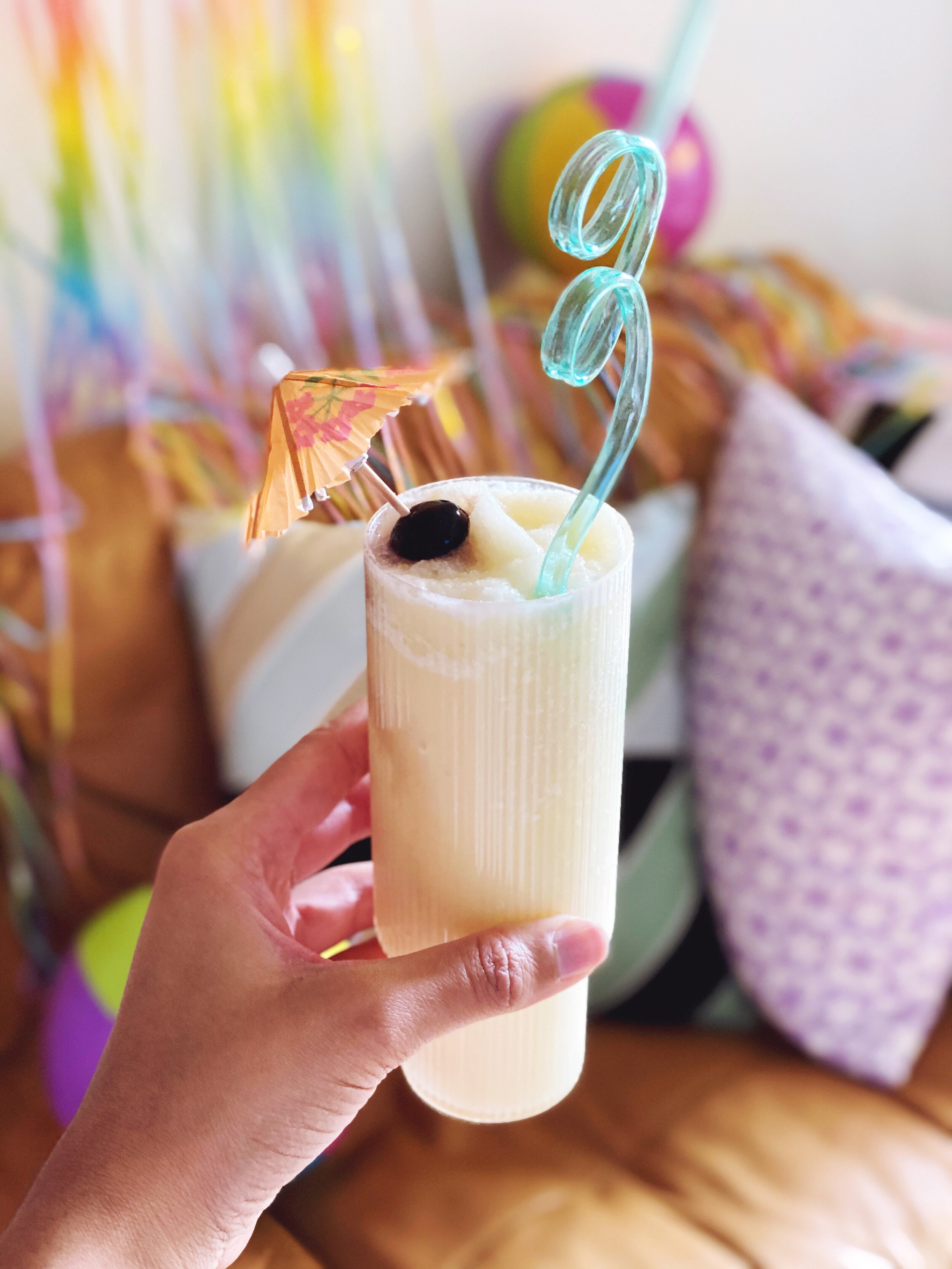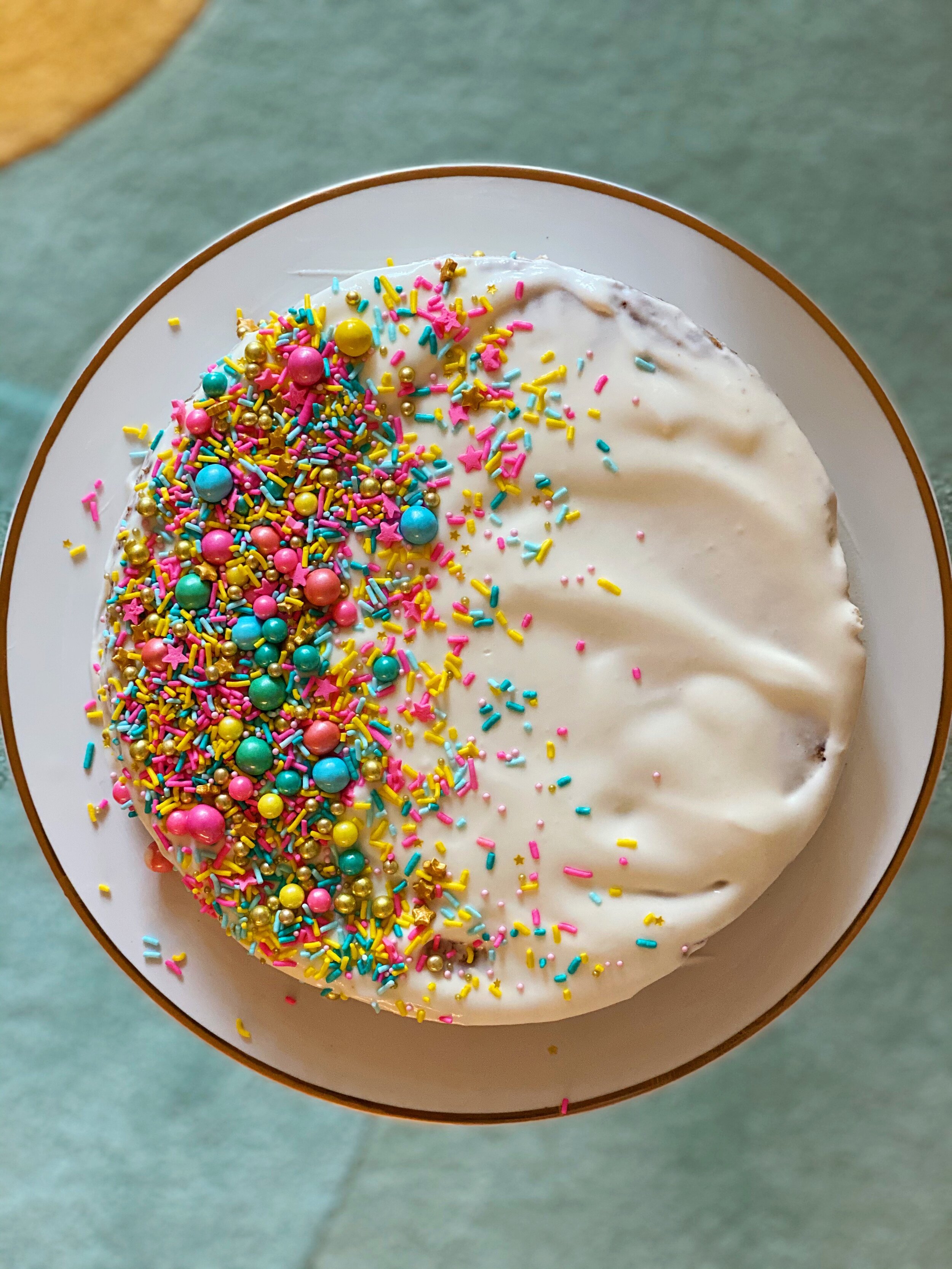How I’m thinking about politics and despair right now
I saw someone say on BlueSky the other day that it looks like we’re heading toward another “Summer of _____.” And…yeah: Things are fucking shit in the U.S. right now, and are likely going to be bad for a while. It’s all extremely overwhelming and demoralizing, but the best course of action is, of course, to try and do something about it.
The idea of doing something can also be overwhelming! Like, what can I personally do about the likes of someone as rotten and powerful as RFK Jr.? This is why I always return to the idea of taking action at the local/state level, as that’s where so much of what meaningfully affects our day-to-day lives (not to mention actual state/federal policy, eventually) actually happens. As I wrote back in 2020: “Change isn’t limited to general election years; it happens at city council and school board meetings and late-night legislative sessions. It happens when state supreme courts decide which cases to hear and police budgets are allocated. It happens no matter who the president is, or what party controls Congress. Now is a great time to learn the names of your reps, follow local organizers and reporters, sign up for a few relevant newsletters (and make a habit of reading them), start regularly consuming your local news, and set up a few recurring donations.”
I stand by this…but I’m very aware that focusing on your county or state can also be overwhelming, or at least just super confusing. Local politics can feel impenetrable to anyone who hasn’t been doing this full-time for the past 20 years, and there’s just so much bad stuff happening right now—everywhere, all the time, and it’s all worthy of our attention.
So this spring, I took a similar-but-different approach that I’ve been finding quite helpful: I chose a “major” and a “minor” for myself with regard to city politics. The idea is that I’m pushing myself to go really deep on those two issues for the next several years (which is how long it takes to get anything done anyway) so that I can be truly effective. I’m still generally aware of other issues—taking my general ed classes, so to speak, which isn’t hard because everything is so interconnected—but I’m putting the bulk of my time and energy into organizing that’s happening around two core issues.
My major is housing. If you don’t have a safe, affordable place to live, you don’t have much of anything. Housing is connected to other things I care about (public health, literacy, incarceration, homelessness, art/culture, inequality…the list goes on) so it feels like the obvious choice to me. And because there’s so much going on with housing in NYC—we need 100,000 new units, according to one estimate I read, and building them won’t be fast or cheap—I think this will keep me busy for a very long time.
My minor is street safety. I’m a huge fan of safety in general (lol but also…it’s true) and I feel quite passionate about making New York City’s streets less deadly for pedestrians and cyclists. (This also has the added bonus of fighting climate change!) Honestly, this might turn out to be my major; I simply love to see protected bike lanes, low speed limits for vehicles, congestion pricing, Open Streets, and accessible sidewalks! And because there are a lot of members of the Seething Dork Community actively trying to shut down anything that even remotely undermines what they see as their fundamental right to mow down an elderly person with their car, there are a lot of opportunities for action here!
I’ve joined organizing groups for each of these issues, which is helping me stay on top of what’s happening week to week and making me aware of what I can be doing in a given moment. I’m also getting an education in how things happen on a very technical level, along with what’s been going on for the past decade (or more because…everything takes so long). It’s been a very good time for this; because of the upcoming Democratic primary/mayoral election (please, for the love of god, don’t rank Cuomo!!!), lots of people are just casually chatting about, say, the specific, nitty-gritty ways a city council candidate has blocked affordable housing in their district.
Anyway, I’ve been trudging to my community board meetings, Zooming in to City Council hearings, talking to my neighbors, and doing so much reading. (I recently learned, for example, that Community Board 1—an entirely unelected group of people—bought itself a car using a City Council grant a few years ago??? And nothing was ever really done about it? Honestly, this is one of the wildest stories I’ve heard in a minute!!!)
I think we all know, intellectually, that getting involved is both an effective way to build the world we want to live in and a potent antidote to despair…but it’s still so easy to freeze when confronted with the sheer amount of reactionary wreckage we’re dealing with. Breaking it down into “major/minor” has been a useful practical approach for me, and is helping me feel a little bit less bad. 🕊️
Related: Where I’m getting my news these days
















